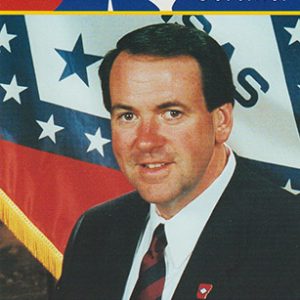 Huckabee Campaign
Huckabee Campaign
Entry Category: State
 Huckabee Campaign
Huckabee Campaign
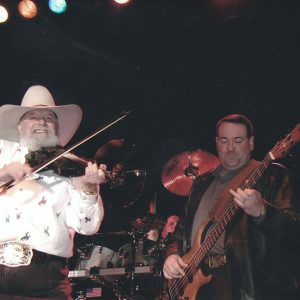 Huckabee Jamming
Huckabee Jamming
Huckabee, Janet McCain
Huckabee, Mike
aka: Michael Dale Huckabee
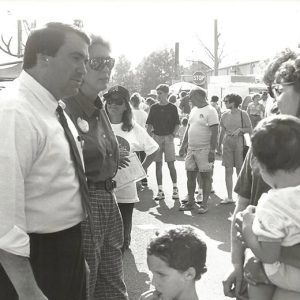 Huckabees Campaigning
Huckabees Campaigning
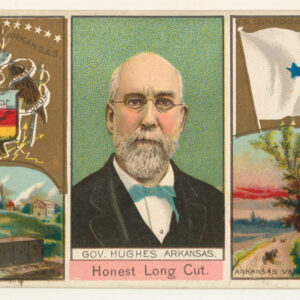 Hughes Trading Card
Hughes Trading Card
Hughes, Simon Pollard
Hull, Alexander C.
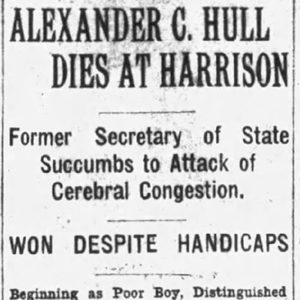 Alexander Hull Death Article
Alexander Hull Death Article
Humphrey, F. Nolan
 Hutchinson Inauguration
Hutchinson Inauguration
 Hutchinson Inaugural Speech
Hutchinson Inaugural Speech
 Hutchinson Inauguration Program
Hutchinson Inauguration Program
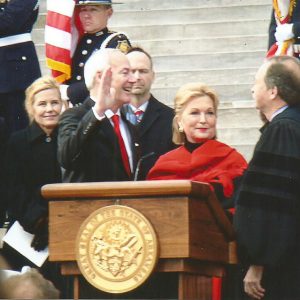 Hutchinson Swearing-In, 2019
Hutchinson Swearing-In, 2019
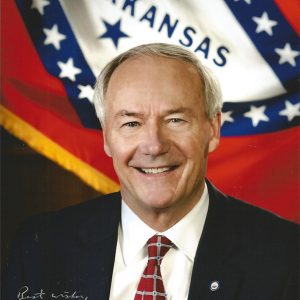 Asa Hutchinson
Asa Hutchinson
Hutchinson, Asa
aka: William Asa Hutchinson
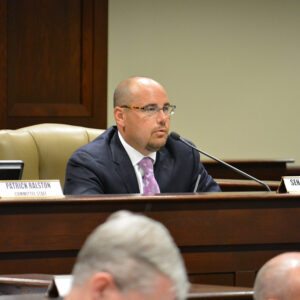 Jeremy Hutchinson
Jeremy Hutchinson
 Susan Hutchinson
Susan Hutchinson
 Susan and Asa Hutchinson
Susan and Asa Hutchinson
Hutchinson, Susan Burrell
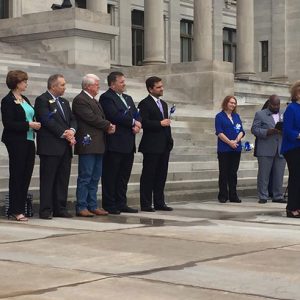 Susan Hutchinson Speaking at Rally
Susan Hutchinson Speaking at Rally
Initiatives and Referenda
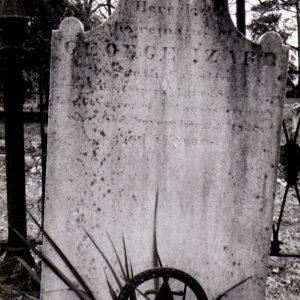 Izard Grave
Izard Grave
Izard, George
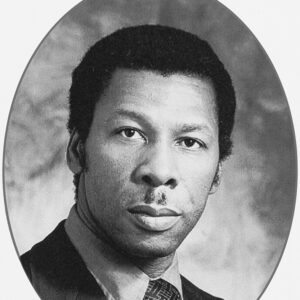 Jerry Jewell
Jerry Jewell
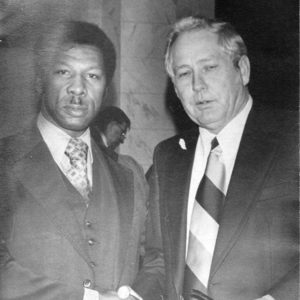 Jewell and Nelson
Jewell and Nelson
Jewell, Jerry Donal
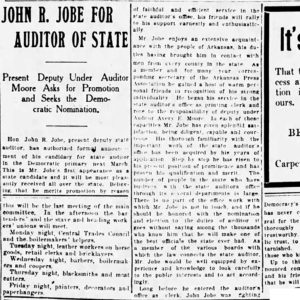 Jobe Endorsement Article
Jobe Endorsement Article
Jobe, John R.
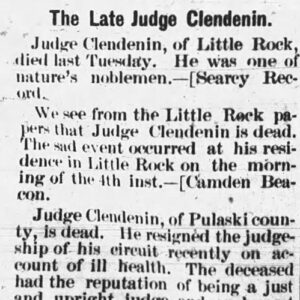 John J. Clendenin Obituary
John J. Clendenin Obituary
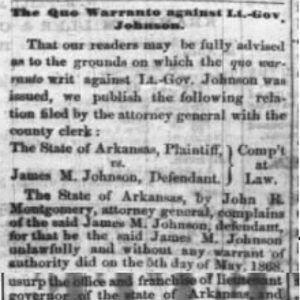 Johnson Lawsuit Story
Johnson Lawsuit Story
Johnson, James Madison
Johnson, Leon
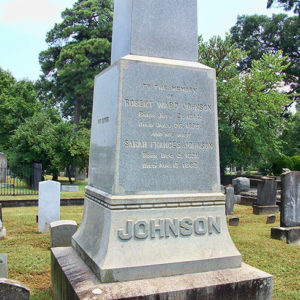 Robert Ward Johnson Gravesite
Robert Ward Johnson Gravesite
Johnson, Thomas
Johnson, Virginia Lillian Morris
 Jones Campaign Card
Jones Campaign Card
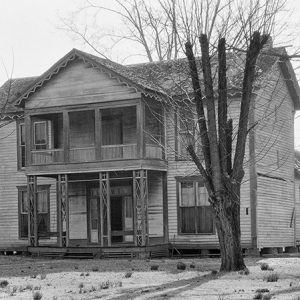 Daniel Jones House
Daniel Jones House
Jones, Daniel Webster
Jones, Guy Hamilton “Mutt”
Jones, Julia Hughes
 Julia Jones Campaign Material
Julia Jones Campaign Material
 Julia Jones Campaign Material
Julia Jones Campaign Material
Judiciary, State
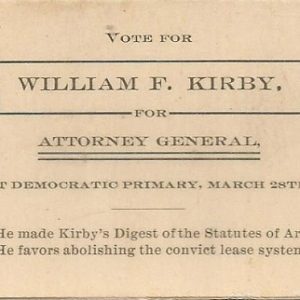 Kirby Campaign
Kirby Campaign
Kirby, William Fosgate
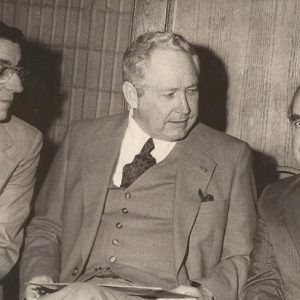 Landers, Nelson, Richmond
Landers, Nelson, Richmond
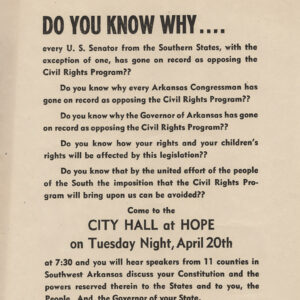 Laney Broadside
Laney Broadside
Laney, Benjamin Travis, Jr.
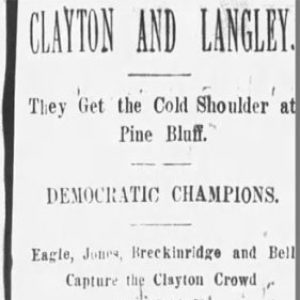 Langley and Clayton Campaign
Langley and Clayton Campaign




